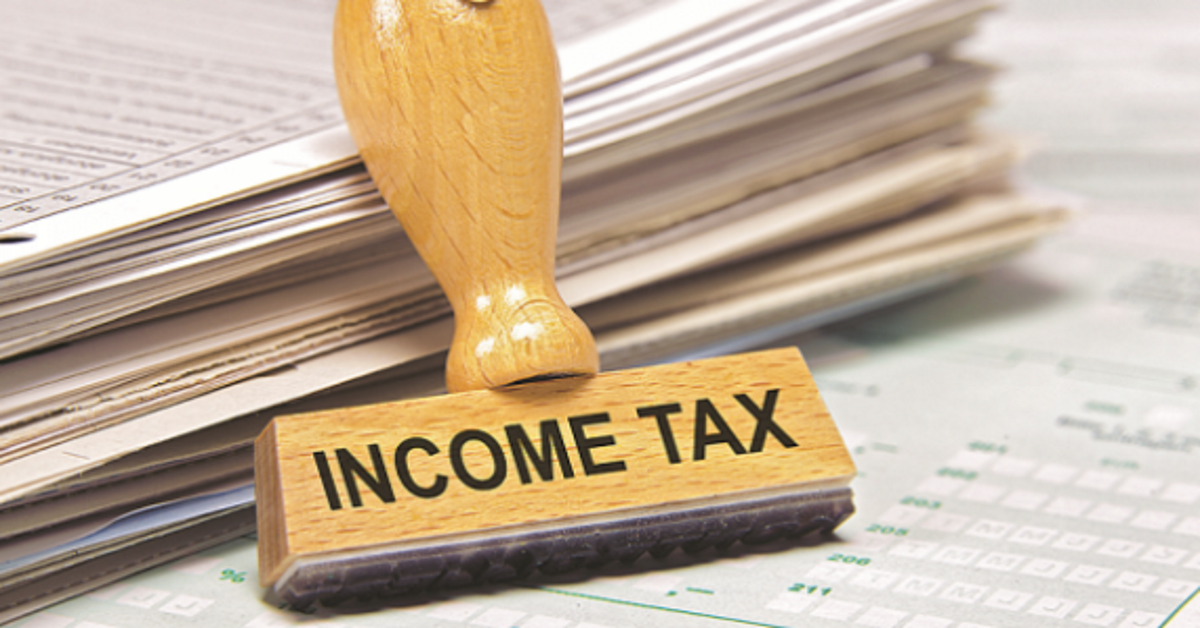The season for submitting income tax returns (ITRs) has begun. The Central Government recently extended the deadline for reporting ITRs for the assessment year 2021-22 from July 31 to September 30, 2021, in response to the second wave of the Covid-19 outbreak and the resulting difficulties for taxpayers. Given that you now have additional time to complete tax returns, have a look at the following list of tax deductions for various payments, incomes, and investments.
You may deduct the following expenses from your current assessment year only if they relate to payments and investments made in the preceding fiscal year (FY 2020-21). Additionally, these deductions will be unavailable to anyone who chose the New Tax Regime.
- Payments for life insurance premiums, provident funds, personal pension funds, and pension schemes
Section 80C allows tax deductions on investments/payments for Life Insurance Premiums, Provident Funds, PPF, Subscriptions to certain equity shares, Tuition Fees, National Savings Certificates, and Principal on Housing Loans, among others.
Under Section 80CCC, a deduction can be claimed for payments made to a LIC or other insurer’s annuity plan for the benefit of a pension scheme.
Under Section 80 CCD (1), a deduction for contributions to the Central Government’s pension programme may be claimed.
Nota bene: A total deduction of Rs 1.5 lakh can be claimed under Section 80C, Section 80CCC, and Section 80 CCD (1).
- Premium payment for health insurance
Section 80 D allows for a deduction for payments made toward health insurance premiums and preventative health check-ups. However, there are certain limitations:
A deduction of Rs 25,000 can be claimed for self/spouse, dependent children, or patents. This restriction is reduced to Rs 50,000 if the individual is a senior citizen. Additionally, a Rs 5000 deduction is allowed for preventive health examinations. This amount, however, does not exceed the overall cap on health insurance premiums paid.
Even if no payment is paid for health insurance coverage, a deduction can be claimed for medical expenses incurred by a senior citizen. In this scenario, the deduction limit is Rs 50,000.
- Rental Income from Residential Property
Section 24(b) allows for a deduction from income from House Property for interest paid on a mortgage and a home improvement loan. The Income Tax Rules stipulate a maximum deduction of Rs 2 lakh for interest paid on housing loans in the case of a self-occupied home.
This deduction from income from residential property will be unavailable beginning this year for those who have elected to file returns under the New Tax Regime.
- Contributions to the Central Government Pension Fund
A deduction of up to Rs 50,000 can be claimed under Section 80 CCD (1B) for payments made to the Central Government Pension Scheme, except deductions claimed under 80CCD (1).
A deduction for an employer’s payment to the Central Government’s pension programme may be claimed under Section 80 CCD2. There are, however, two conditions:
If the employer is a public sector undertaking, a state government, or another entity, the deduction limit is 10% of salary.
If the employer is the Central Government, the maximum deduction is 14% of salary.
- Medical treatment reimbursement
A deduction of up to Rs 40,000 can be claimed under Section 80 DD (1B) for expenditures made for medical treatment of oneself or a dependent for a specified disease. If the individual is a senior citizen, the deduction is limited to Rs 1 lakh.
- Maintenance/treatment of a dependent who is impaired
Additionally, a deduction of up to Rs 75,000 may be claimed in lieu of payments made for the maintenance or medical treatment of a disabled dependent or for any sum paid/deposited under an approved scheme. However, the deduction limit is Rs 1.25 lakh for individuals with a severe disability (80$ or more).
- Interest on student loans
Section 80E allows for the deduction of the total amount paid toward interest on a higher education loan taken out by the taxpayer or a relative.
- Payment of mortgage interest
A deduction of up to Rs 50,000 can be claimed under Section 80EE for interest paid on a loan acquired for the acquisition of a residential home property. This deduction, however, is only available for loans sanctioned between 1 April 2016 and 31 March 2017.
Under section 80EEA, a deduction of up to Rs 1.5 lakh is allowed for interest payments on a loan taken for the first time to acquire a residential house property, provided the loan is sanctioned between 1st April 2019 and 31st March 2022 and the deduction should not have been claimed under section 80EE.
- Housing rent payment for people who do not qualify for HRA
If you do not receive HRA as part of your pay, you may claim a deduction for rent paid on a house under Section 80 GG. However, only the smallest of the following deductions are permitted:
Rent paid is deducted from total income before deductions by 10%.
5,000 rupees per month
25% of total income prior to this deduction
ITRs for the assessment year 2021-22 must be filed by September 30, 2021.
- Payment of interest on an electric vehicle loan
A deduction of up to Rs 1.5 lakh can be claimed under Section 80EEB on interest payments on a loan used to acquire an electric car. This offer is valid for loans approved between 1 April 2019 and 31 March 2023.
